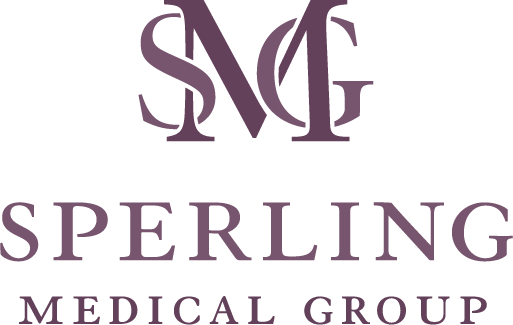Support bone mets therapy by eating for healthy bones.
Patients dealing with the reality of a tumor cancer that has spread to the bone (bone mets) may understandably become discouraged. “Why bother eating right?” they may wonder. Yet this is a very important opportunity to nurture overall bone health as a way to support the therapeutic effects of prescribed medications. To understand why, here’s a short review of the dynamics of normal bones.
Even though bones feel solid and rigid, they are alive and dynamic – there’s a lot going on! There are two kinds of bone cells and each type plays an important role in “remodeling” (rebuilding) bones:
The majority of bone mets stimulate and accelerate bone loss by changing the balance between the two types. While some bone mets “overbuild” bones, most of them destroy bones in order to take advantage of the growth factors and mineral stored in the bone cells.
Now, it’s true that diet and nutrition can’t stop bone mets in their tracks. However, many chemotherapies are aimed at halting the destructive action of cancer cells that cause the number of osteoclasts to increase. It’s essential to support the balancing act of the healthy bones not affected by mets in order to keep a proper redistribution of minerals and other factors the body needs to cope with the treatment regimen. Here are ways to invest in keeping healthy bones able to perform their tasks:
1. Consume dairy products – preferably organic – because they are high in calcium: low-fat and non-fat milk, cheese and yogurt.
2. Get enough Vitamin D – Sunshine is nature’s plentiful source of Vitamin D, and also a mood uplifter (remember to use sunscreen!) In addition, fatty fish such as sardines, tuna and salmon are rich in Vitamin D and also heart-healthy. Remember to buy responsibly farmed fish.
3. Avoid foods that block calcium absorption. Did you know that too much protein can cause the body to lose calcium? Also, certain foods like spinach or wheat bran contain substances that interfere with calcium absorption.
The National Osteoporosis Foundation and other nonprofit organizations feature user-friendly lists and charts of bone-healthy foods. Instead of thinking “bone mets”, think “bone wellness.” Learn how you can boost skeletal health by eating the right foods, and support the positive effects of your personal therapy program.
- CATEGORY:
- Bone mets


